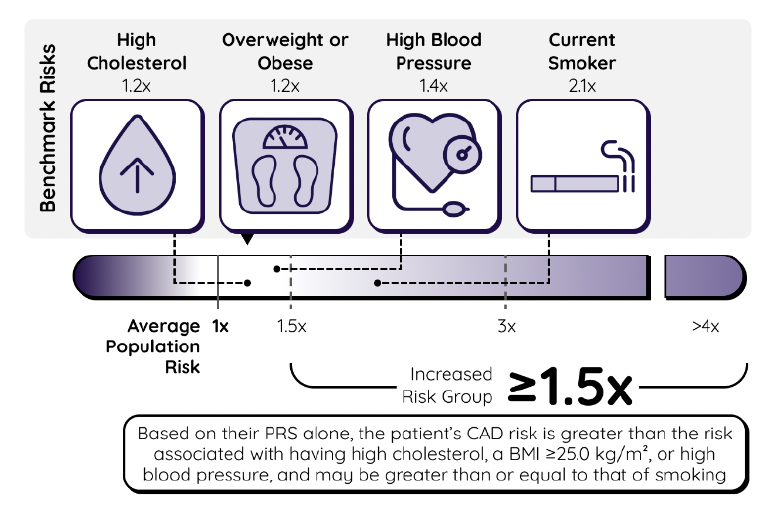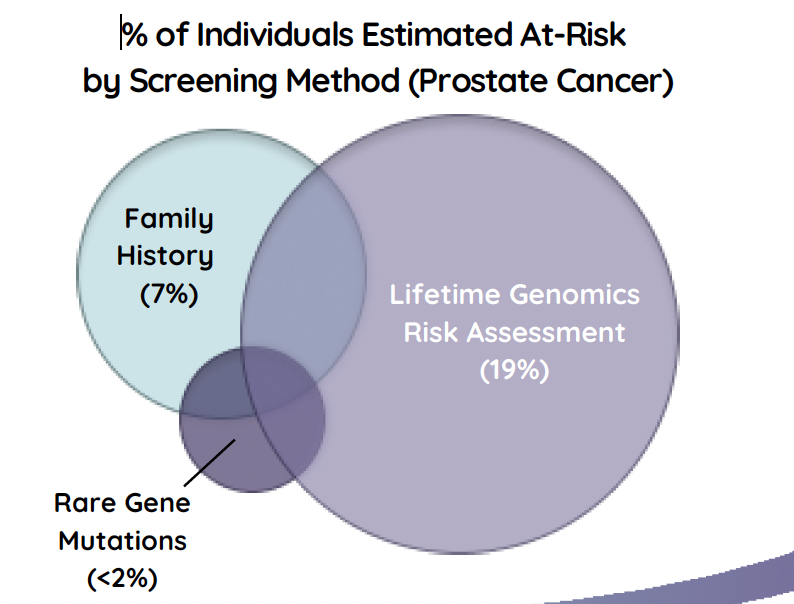GenomicMD the Future of Personalized Medicine
A New, Unique Screening for Major Diseases Trusted by Precision Health Leaders
The first-of-its-kind genomic (not just genetic) screening to be implemented by a major precision healthcare system.
"This is a major advancement in the field of genomics and a powerful new tool to improve patient care.” Dr. Jianfeng Xu, Endeavor Health Vice President of Translational Research, the lead collaborating scientist.
How Is Our Test Different?
Why Polygenic?

After your healthcare provider has placed the order you will receive an email with a link to pay. If your sample is being collected at home, you will be asked to provide your shipping address during the payment process.
After we receive and process your sample, we will process the LGRA report and then send it to your ordering provider, who will release it to you. This entire process usually takes about 2-4 weeks.

The LGRA is a screening test to predict the risk of developing a given disease compared to the average individual in the population. It should not be used for diagnostic purposes. It cannot be used to confirm or deny the existence of a given disease or to declare with absolute certainty that someone will or will not develop the condition. As with all genomic testing, it is important to note that this is just a single piece of the puzzle when determining a patient’s total risk – which can be influenced by many factors including genomics, family history, environment, and/or lifestyle. This means an “average risk'' result does not imply that a patient has NO risk of developing the disease, only that their DNA does not indicate an increased polygenic risk.
